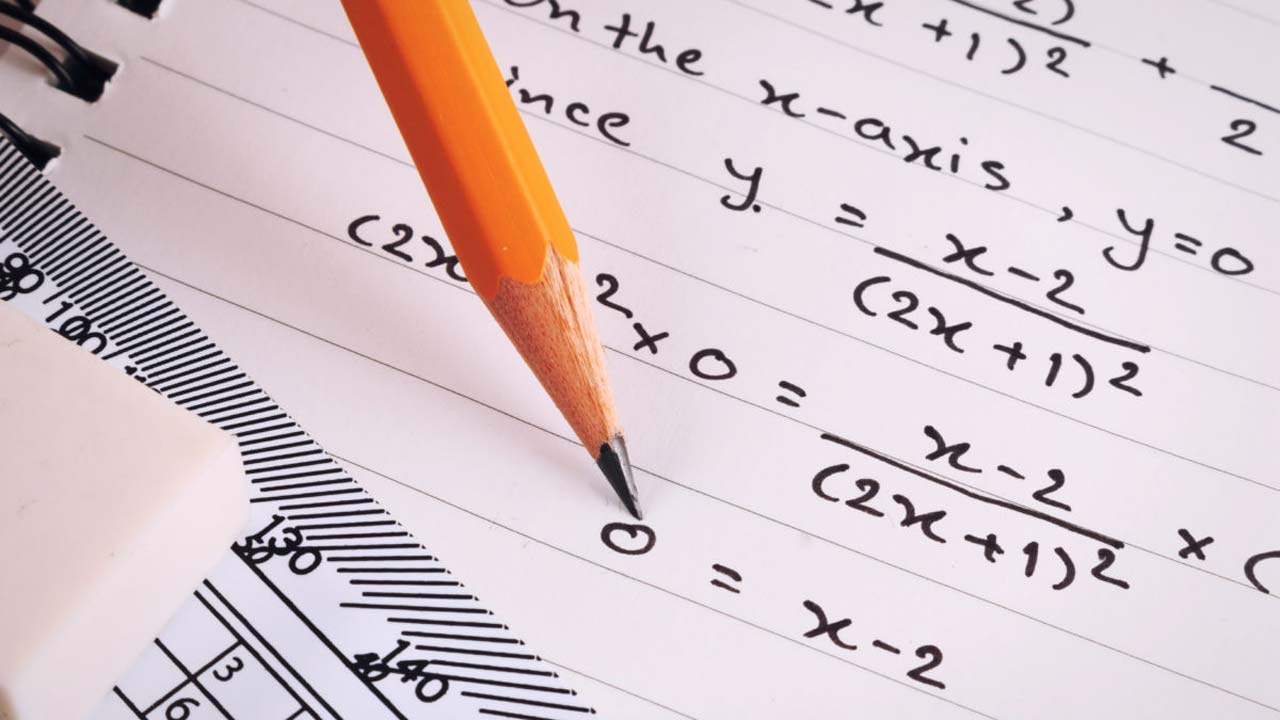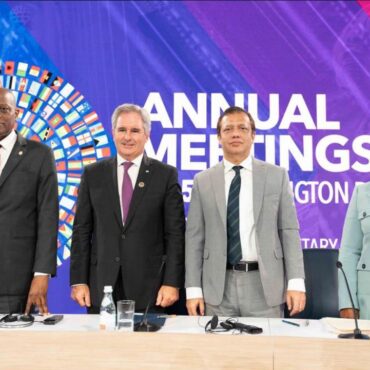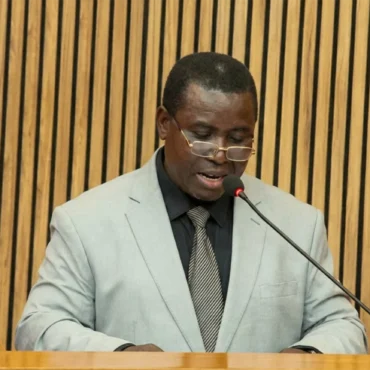The Federal Government has approved a comprehensive reform of admission entry requirements for all tertiary institutions in Nigeria, introducing a more flexible and inclusive framework to expand access to higher education.
The development followed the approval of national guidelines for entry requirements into tertiary institutions, according to a statement by Boriowo Folasade, Director of Press and Public Relations at the Federal Ministry of Education.
The new policy, championed by the Minister of Education, Dr. Tunji Alausa, aims to democratise access to tertiary education and empower Nigerian youths, in line with President Bola Tinubu’s Renewed Hope Agenda. The ministry described it as a major stride toward promoting inclusivity and driving national development through equitable educational opportunities.
Dr. Alausa said the reform became necessary after years of restrictive admission rules that left many qualified candidates without placement despite meeting academic standards. He noted that while over two million candidates sit for the Unified Tertiary Matriculation Examination annually, only about 700,000 secure admission—a gap he attributed to outdated and rigid policies rather than lack of ability.
“This imbalance must give way to fairness and opportunity. Our goal is to ensure that capable and deserving candidates are not denied education because of obsolete policies,” he stated.
Under the new guidelines, universities will now accept a minimum of five credit passes in relevant subjects, including English Language, in not more than two sittings, while Mathematics will no longer be compulsory for Arts students. The reform also updates requirements for polytechnics, colleges of education, and Innovation Enterprise Academies (IEAs), aligning them with current academic and professional needs.
In addition, the government has abolished the National Innovation Diploma previously awarded by IEAs, replacing it with the National Diploma to ensure uniformity and credibility across institutions. The National Board for Technical Education has been directed to re-accredit all IEAs nationwide in line with the new standards, warning that those that fail to comply risk de-accreditation.
Dr. Alausa noted that the reform is expected to create opportunities for an additional 250,000 to 300,000 students to gain admission each year.
“Our young people are the heartbeat of this nation. This reform ensures that every Nigerian youth has a fair chance to learn, grow, and succeed. We are equipping them with the education and skills they need to reach their full potential and contribute meaningfully to national development,” he said.
The federal government reaffirmed its commitment to inclusive education, human capital development, and youth empowerment as part of the Renewed Hope Agenda of President Tinubu’s administration.






Post comments (0)